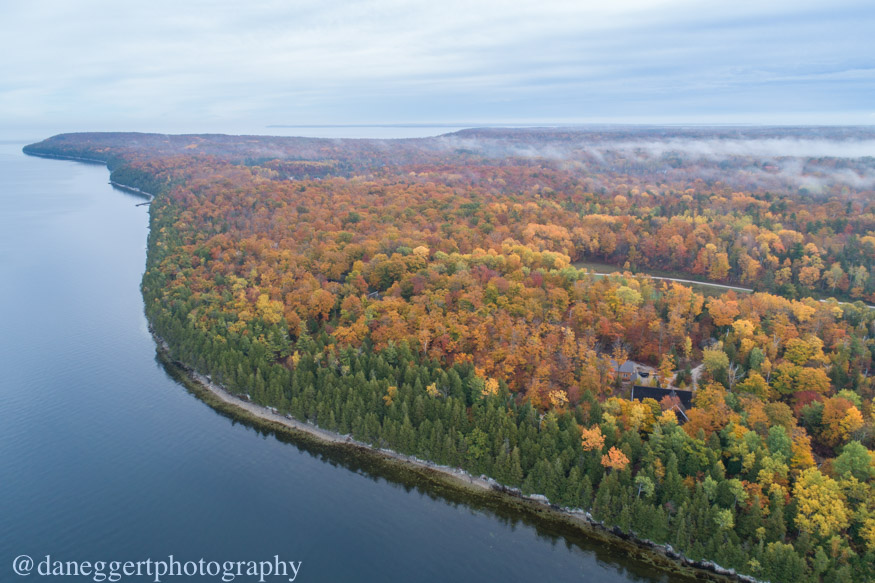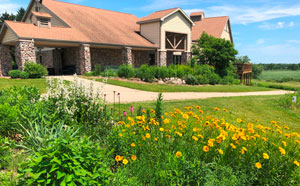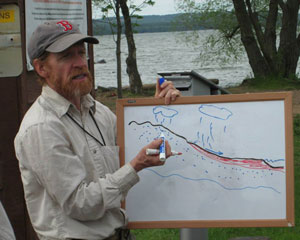The Clearing Folk School, the Door County Land Trust, Crossroads at Big Creek, and the Land Restoration School are partnering to offer the Wisconsin Master Naturalist Training. The training will be held weekly on Fridays starting on April 14 and ending on May 26, 2023. Experts from a variety of disciplines will be sharing their knowledge, research, tips, tricks, and inspiration with us throughout the training. There will be some classroom time, but we will focus mostly on local and regional field experiences that will highlight exceptional sites in the Door County peninsula. These Door County locations will help illustrate the topics covered in the Master Naturalist training guide including geology, ecology, plant communities, wildlife, water, aquatic life, weather & climate, natural history, and human connections to develop informed volunteers to serve within our community in education/interpretation, stewardship and/or citizen science.
The Wisconsin Master Naturalist program is a network of well-informed volunteers dedicated to conservation service, leadership, and lifelong learning. The Master Naturalist training provides 40 hours of education in a variety of natural history topics and Master Naturalist service areas. Through expert-led trainings, Master Naturalists are equipped to address challenges facing the state by making positive impacts through stewardship, citizen science, and educational activities. Trainings have an emphasis on outdoor field experiences with some classroom instruction and are taught by professional natural resources educators and scientists. Once trained, Wisconsin Master Naturalists record 40 hours of service and 8 hours of advanced training each year to maintain certification and receive a recognition pin.









